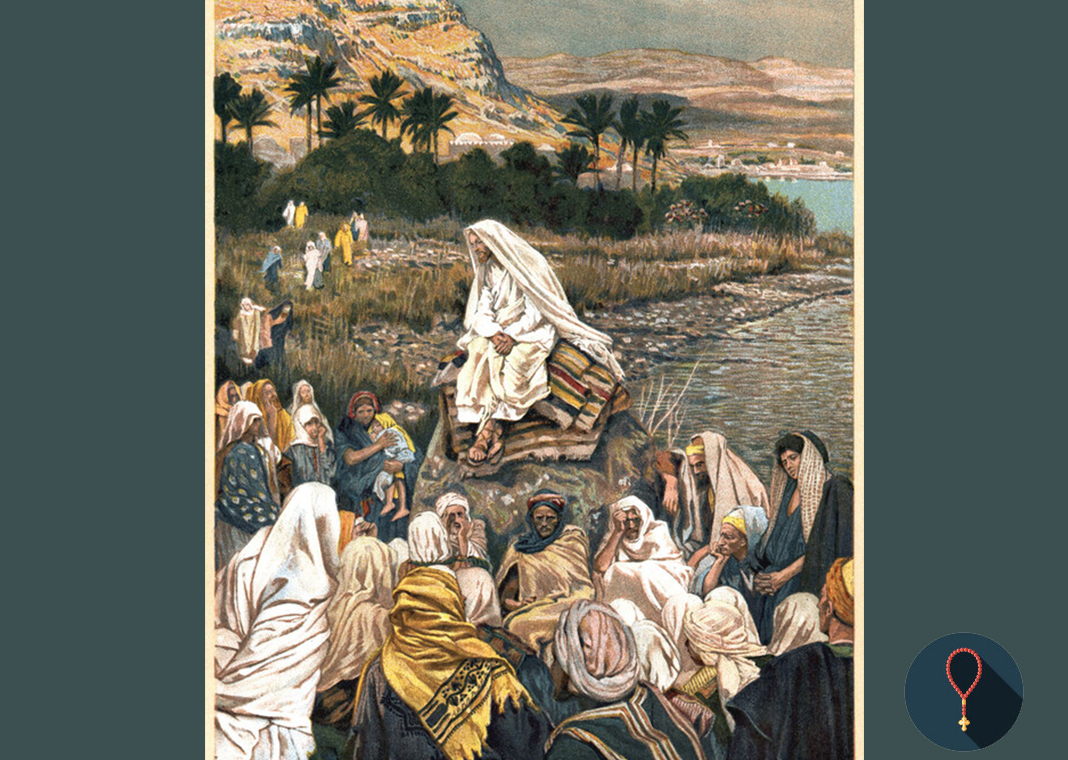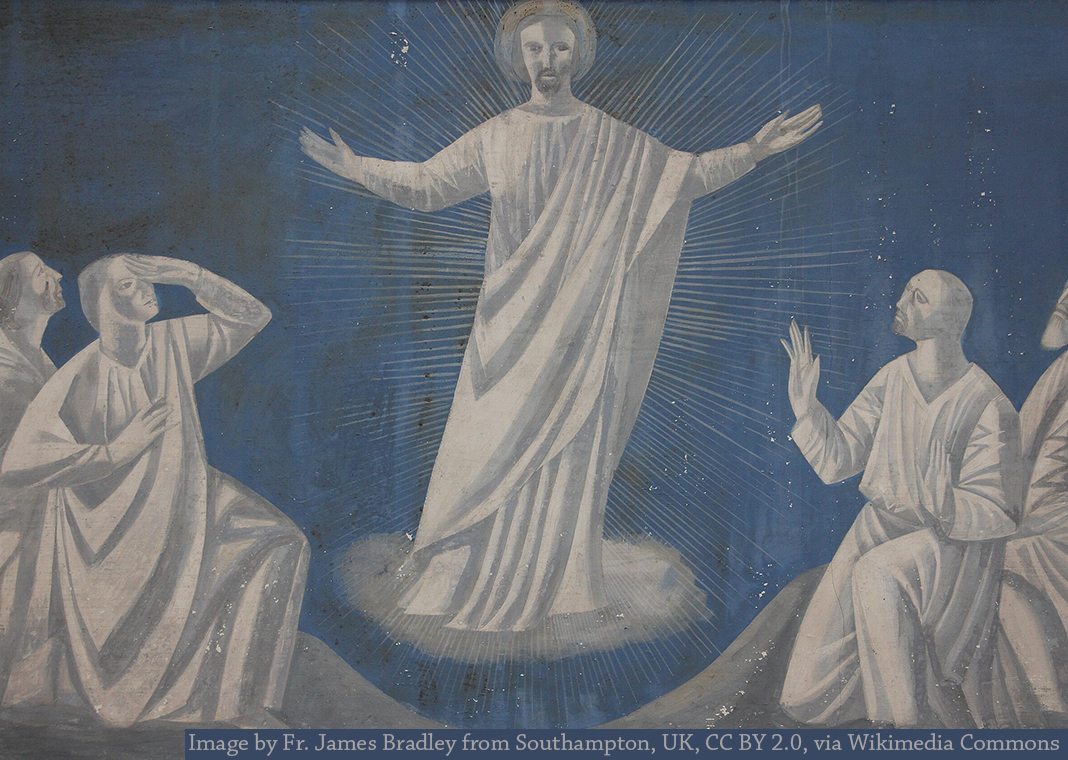
Let’s explore the Third Luminous Mystery: The Proclamation of the Kingdom of God.
The concept of the kingdom of God (also referred to as the kingdom of heaven or the reign of God) is the very heart and soul of Jesus’ message. It is what Jesus is all about. It is who Jesus is. If Jesus were running a campaign for public office, his official motto would be “Repent! The kingdom of God is at hand!”—which, according to Mark, was the very first utterance of Jesus’ ministry (1:15). Not only was the kingdom of God Jesus’ first topic, but it was also one of his most frequent: in the Gospels of Matthew, Mark, and Luke, he refers to it more than 80 times. (In John’s Gospel, Jesus opts for the phrase eternal life—yet another term for the kingdom—and it appears 17 times.)
If you want to know what someone is about, pay attention to what the person says and does. In the case of Jesus, his words and actions all point to one thing: an alternate reality he calls the kingdom of God. Since this kingdom is not a place but a state of being, Jesus is really offering us another way to be human. It is to imagine and embrace a completely different way of living.
We are surrounded by people and entities that promise to show us the future and to satisfy us on some or all levels. The experiences that come with these promises are attractive, fun, and alluring, and in fact, we do find gratification in them—temporarily. We also find that we pay the price for some of them the next day! Indeed, the world offers us myriad ways to gain short-lived satisfaction. In the midst of all this, however, Jesus proposes an alternate reality—a reality in which we find true and lasting fulfillment and the promise of a God-filled future. The call to live in the kingdom of God is not a call to condemn the entirety of secular living. Rather, it is a call to recognize that, in the midst of what we call the secular world, there lies an alternate reality—a true path to fulfillment that is hard to spot but far from illusory. To answer this call is to repent—literally, to turn and look in a different direction and to train our eyes to perceive this awesome reality, and thus, to see everything differently.
Such seeing requires imagination. It takes great imagination to recognize the blessings of being poor, peacemaking, being meek, mourning, hungering for justice, and being persecuted for righteousness’s sake. It takes great imagination to turn the other cheek, to love our enemies, and to pray for those who persecute us. And yet, despite the challenges, Jesus tells us that such imaginings are at the heart of living in the kingdom of God. To follow Jesus, then, is to begin a journey that won’t require your body to move an inch but that will require your spirit to lean in toward the place where the seeds of the kingdom reside: within your heart.
(drawn from Under the Influence of Jesus: The Transforming Experience of Encountering Christ)





Be the first to comment